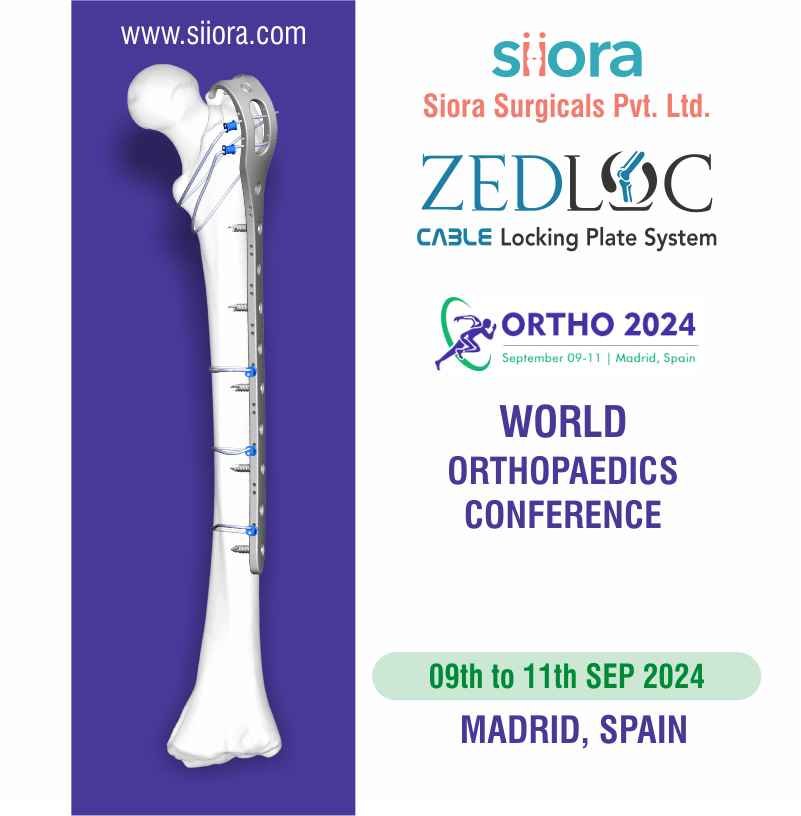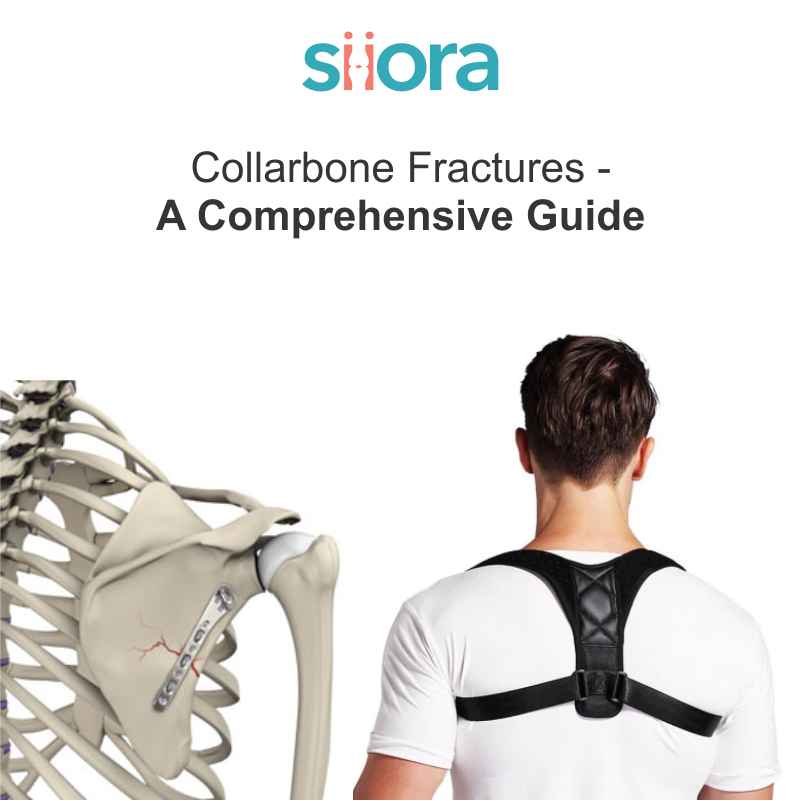Undergoing knee replacement surgery is a significant step towards reclaiming mobility and reducing pain for individuals with severe knee joint issues. While the surgery itself is a crucial milestone, the journey to full recovery extends beyond the operating room. Lifestyle adjustments play a pivotal role in ensuring a swift and successful rehabilitation process. In this blog, we will explore the essential lifestyle modifications required after knee replacement surgery, providing a comprehensive guide for a smoother recovery.
What is Knee Replacement Surgery?
Knee replacement surgery, medically known as knee arthroplasty, is a surgical procedure designed to alleviate chronic pain and enhance joint function in individuals with severe knee joint damage or arthritis. The surgery involves the removal of damaged cartilage and bone from the knee joint, replacing it with a prosthetic implant made of metal, plastic, or a combination of both. This innovative procedure aims to restore the smooth, pain-free movement of the knee, allowing individuals to regain mobility and lead more active lives.
Typically recommended when conservative treatments prove ineffective, knee replacement surgery addresses conditions like osteoarthritis, rheumatoid arthritis, or post-traumatic arthritis. Surgeons may opt for total knee replacement, involving the entire joint, or partial knee replacement, targeting specific damaged components. With advancements in surgical techniques and implant materials, the procedure has become increasingly efficient and less invasive, contributing to quicker recovery times.
Knee replacement surgery not only alleviates pain but also enhances the quality of life for those who undergo the procedure. It remains a transformative solution, offering a renewed lease on life for individuals struggling with debilitating knee conditions.
Who Needs Knee Replacement Surgery?
Knee replacement surgery has become a viable option for individuals grappling with chronic knee pain and impaired joint function. Primarily recommended for cases where conservative treatments like medication, physical therapy, or lifestyle adjustments prove insufficient, this surgical intervention targets various conditions, often arising from wear and tear or degenerative diseases.
The most common candidates for knee replacement surgery are individuals suffering from osteoarthritis, a condition marked by the gradual breakdown of joint cartilage. Rheumatoid arthritis, an autoimmune disorder causing inflammation in the joints, and post-traumatic arthritis resulting from previous injuries are also common indications. Those with severe knee deformities, limited mobility, and persistent pain that interferes with daily activities may find substantial relief through this surgical procedure.
Age is not the sole factor determining candidacy; rather, the focus lies on the severity of symptoms and their impact on the individual’s quality of life. Orthopedic specialists carefully evaluate each case, considering medical history, imaging studies, and the patient’s overall health before recommending knee replacement surgery. Ultimately, those experiencing persistent, debilitating knee pain that significantly hinders their daily activities may find a renewed lease on life through this transformative surgical solution.
Lifestyle Adjustment After Knee Replacement for Quick Recovery
Physical Therapy and Exercise Routine
One of the cornerstones of post-knee replacement rehabilitation is the commitment to a customized physical therapy and exercise regimen. Physical therapy sessions are often recommended to start soon after surgery, focusing on regaining range of motion, strengthening muscles, and improving overall joint function. Patients are encouraged to continue these exercises at home, ensuring consistency in their efforts. A combination of flexibility exercises, strength training, and low-impact activities like walking or swimming can help rebuild muscle strength without putting excessive strain on the replaced knee.
Diet and Nutrition
Adopting a balanced and nutritious diet is crucial for the healing process. Proper nutrition aids in tissue repair and helps maintain a healthy weight, which is particularly important for reducing stress on the knee joint. Foods rich in vitamins and minerals, such as calcium and vitamin D, contribute to bone health, while a diet high in protein supports muscle recovery. Staying hydrated is equally essential for joint lubrication and overall well-being.
Weight Management
Maintaining an optimal weight is a key factor in ensuring the longevity of a knee replacement. Excess weight can exert additional stress on the joint, potentially compromising the success of the surgery. By incorporating a healthy diet and regular exercise into their routine, patients can achieve and sustain a weight that is conducive to joint health.
Assistive Devices and Home Modifications
Making certain adjustments in the home environment is crucial for a safe and comfortable recovery. Utilizing assistive devices such as crutches, walkers, or canes during the initial stages of recovery helps distribute weight away from the replaced knee, preventing undue strain. Additionally, simple home modifications like installing handrails, raised toilet seats, and removing tripping hazards can create a supportive and hazard-free environment.
Pain Management Strategies
While pain is a natural part of the recovery process, managing it effectively is essential for overall well-being. Following the prescribed pain management plan, which may include medications or alternative therapies, is crucial. Patients should communicate openly with their healthcare team about their pain levels to ensure the appropriate adjustments to their pain management regimen.
Gradual Return to Daily Activities
It’s essential to approach the resumption of daily activities with a gradual mindset. Patients should avoid high-impact activities and focus on low-impact exercises to avoid undue stress on the replaced knee. Consulting with the orthopedic surgeon or physical therapist before engaging in specific activities, such as sports or strenuous exercises, is advisable to prevent potential complications.
Regular Follow-Up Appointments
Maintaining a consistent schedule of follow-up appointments with healthcare professionals is vital. Regular check-ups allow the medical team to monitor the progress of recovery, address any concerns or complications promptly, and make necessary adjustments to the rehabilitation plan.
Psychological Support
Acknowledging the emotional and psychological aspects of the recovery journey is equally important. Knee replacement surgery can be physically and emotionally challenging, and having a strong support system is crucial. Engaging in support groups, talking to a therapist, or seeking guidance from friends and family can provide the emotional support needed during this transitional period.
Adherence to Medication and Medical Advice
Following the prescribed medication schedule and medical advice is non-negotiable for a successful recovery. Medications, including antibiotics to prevent infections, should be taken as directed. Any concerns or side effects should be promptly reported to the healthcare provider.
Long-Term Maintenance
The commitment to a healthy lifestyle does not end with recovery; it is a lifelong commitment. Adopting and maintaining healthy habits, such as regular exercise, a balanced diet, and weight management, will contribute to the sustained success of knee replacement.
Conclusion
Navigating life after knee replacement surgery requires a holistic approach that addresses not only the physical aspects of recovery but also the emotional and psychological well-being of the individual. By incorporating these lifestyle adjustments into their daily routine, patients can enhance the success of their knee replacement surgery and enjoy improved mobility and reduced pain. It’s essential to remember that each individual’s journey is unique, and working closely with healthcare professionals ensures a tailored approach to recovery. With dedication, patience, and a proactive mindset, individuals can embrace a fulfilling and active lifestyle post-knee replacement surgery.








